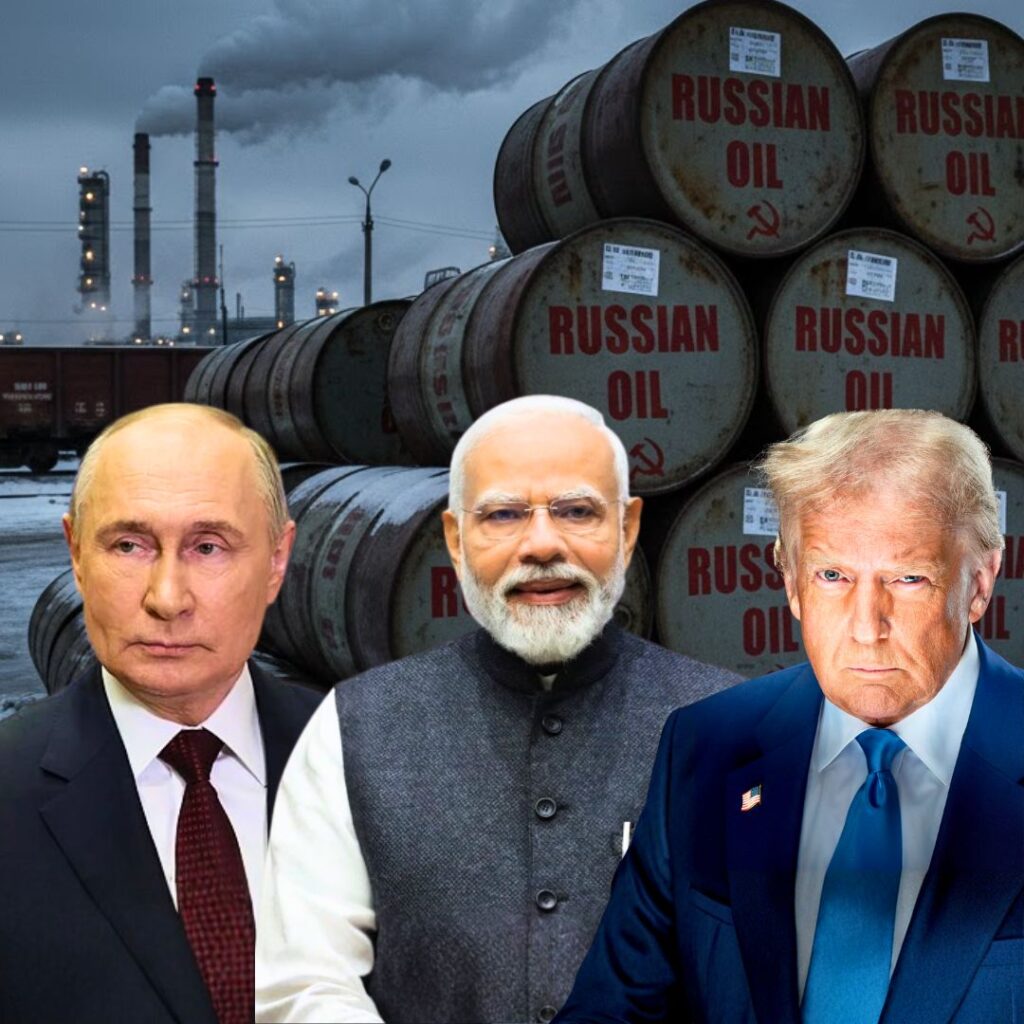Crude oil prices plunged by as much as 30 per cent on Monday, after Saudi Arabia slashed its oil export prices and declared a price war with Russia. This is the biggest fall in oil prices after the 1991 Gulf War and has sent the global markets into a tailspin.
Both global concerns, however, could prove favourable to India’s import bill.
India’s oil import bill is expected to fall by a substantial 10 per cent in FY20 as the price war has downgraded the crude oil prices to about $30 a barrel now against a high of over $70 a barrel in September and again in January this year.
It is important to note that the import bill for FY21 is expected to slip to half of the current levels at $64 billion which was witnessed in FY16 when oil price had fallen to $26 a barrel for some time.
Reportedly, the oil ministry’s Petroleum Planning and Analysis Cell (PPAC) has stated that country’s oil imports are projected to fall to 225 million tonnes (mt) in FY20 against 227 mt in FY19 while the import bill would reduce 6 per cent to $105 billion from $112 billion worth of imports in previous fiscal.
The move comes after Russia refused to go-ahead with a proposal by the Organisation of the Petroleum Exporting Countries (OPEC) to cut the global oil production as the coronavirus outbreak has brought the demand for oil to a near stand-still.
OPEC nations had met with the ally-nations to reduce oil production by an additional 1.5 million barrels per day to stabilise the market, starting from April till the year-end, but Russia decided not to join the agreement.
After the group failed to come to a consensus, Saudi Arabia, which is the world’s biggest oil exporter slashed its export oil prices on Saturday, triggering a price war with Russia. The Islamic nation is said to increase its production to over 10 million barrels per day mark, reported CNBC.
International benchmark Brent Crude oil futures fell by as much as $14.25, or 31.5 per cent, to $31.02 a barrel. This is the biggest percentage drop since January 17, 1991, at the start of the first Gulf War and the lowest since February 12, 2016.
Another main price benchmark for oil, US West Texas Intermediate (WTI) crude fell by as much as $11.28, or 27.4 per cent, to $30 a barrel.
Also Read: Indian Firms To Offer 9.1% Pay Hike In 2020, Lowest In Decade












